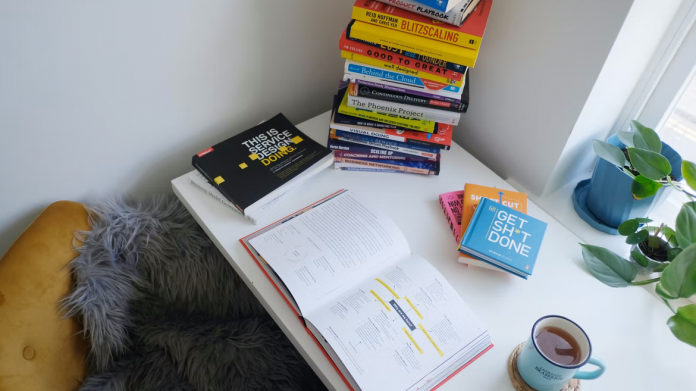It’s often been said and widely believed that having and sticking to a structured daily routine can prove to be hugely beneficial to our health. Depending on the personality, of course, a routine can reduce feelings of being overwhelmed and/or a sense of not having control of our lives.
However, too much of anything is never a good idea. As my grandmother used to so often tell me: “even drinking too much water is bad for you.” Everything in moderation, right?
So, with that in mind, how can we find that perfect balance when it comes to our daily routine? Is it really a good idea to be structured and organised? What about spontaneity? Does that come into the picture when talking about daily routines?
In this blog post, all of these questions are answered by the insightful Dr Sunil Raheja, a highly esteemed and experienced consultant psychiatrist who is an expert in treating patients suffering from burnout and stress. He chatted to me recently to discuss the importance of having a routine, but also how a change in routine can be a good thing and not something to fear.
Is it true that having and maintaining a strict daily routine is healthy for us?
“We are creatures of habit. We do a lot of things without thinking, because they are part of our routine. In a day and age where we have to make so many decisions about so many different things, there is a place for having a routine and structure so you can reduce the number of decisions you have to make.”
“We live in a world where we have so much choice, that we have to decide where we have to make decisions and where we should hold back. The more you have to think about what you have to get done, the more emotional and psychological energy is consumed.”
“During the course of day, our decision-making faculties begin to reduce, so that is why it is essential to get that balance between having a consistent routine so you know what you are going to do next, and can avoid having to think and worry “what do I have to do next?”
“Some personalities are much more spontaneous, whereas some are more rigid and strict. It is all about understanding the way you are wired. A spontaneous person will find that their energy will be drained if they have a routine that is too monotonous and rigid, whereas someone who likes structure will feel overwhelmed if they feel like their routine is too inconsistent or out of control.”
“It’s all about knowing what your priorities are. Unless you’re clear in your own mind about what it is important to you and what you value, then you’re always going to be in danger of responding to whatever is latest and loudest. That, in the end, becomes other people’s priority. You then become incredibly busy, but you are not busy with the things that are actually priorities for you.”
“If your whole life is based on other people’s agendas and priorities, then you’re going to notice a nagging sense of inner emptiness, because you’re shifting your sense of identity onto other people, rather than to who you uniquely are.”
“It is very important that we understand that, although the world is 24/7, I am not 24/7. I am a human being, not a human doing. We can, unfortunately, get onto this treadmill of always doing more and more, and never feeling satisfied because there will always be more to do, no matter what you do or achieve, and the more you complete on your to-do list, you will inevitably create an even bigger to-do list.”
What can a change in routine cause? Should change be embraced more?
“Well, no matter how structured and organised we like to be, if our life is too strongly controlled, then it gets quite boring, dull, predictable, and monotonous. We do need a change I routine every once in a while, kind of like a reboot of our systems and what we are doing, so we can look at things with a new perspective.”
“So, while routine is good to ensure that we are prioritising doing the things that are most important to us, too much structure and routine can also be detrimental because it gets too predictable. You lose the spark, and the sense of excitement that life offers.”
When it comes to our mental well-being, how important is it to disconnect regularly?
“It is absolutely vital. It’s sad because so much of our lives is defined by what we do. When actually, defining ourselves that way is always dangerous, because there is no end to the amount of doing that we could be doing.”
What is the ideal daily routine?
“The ideal daily routine will have, according to your temperament and personality, some degree of structure, but also a certain degree of spontaneity to it as well.”
Well, there you have it. A balanced everything in life is the way to go. Whether it’s diet, exercise, or maintaining a routine, too much of anything can be a dangerous road to go down. Clear message then: don’t let rigidness tie you down and take your spark away, but also try not to avoid any sense of routine too, as this will inevitably lead to emotional burnout, with too many decisions to be made.
Make sure you check out Dr Sunil Raheja’s Top Doctors profile to schedule an appointment with him if you are struggling to find balance in your life, or if you feel as though you would like some advice about how to incorporate an effective daily routine into your life that allows you to flourish.








Join the discussion